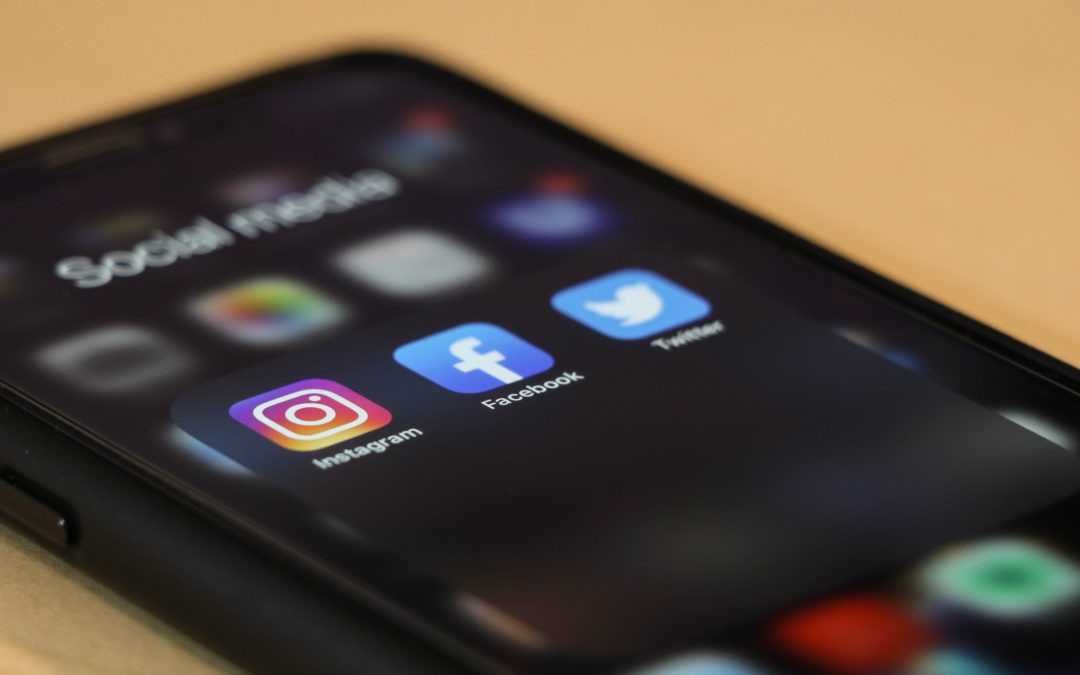Over the last several years, a rising tide of misinformation and fake news has brought one essential truth to the forefront — that our society must make a concerted effort to champion history if we are to avoid repeating the mistakes of the past. And yet, awareness of history seems to be in short supply, particularly among younger generations.
Earlier this month, the Conference on Jewish Material Claims Against Germany (Claims Conference) released its first-ever 50-state survey on Holocaust knowledge among Millennials and Gen Z. The report revealed an alarming lack of knowledge and awareness of history; according to its research, a full 63 percent of all respondents did not know that six million Jews were murdered, and 36 percent believed that two million or fewer lost their lives. Nearly half (48 percent) could not name even one of the over 40,000 camps and ghettos that imprisoned Jews during the Holocaust.
The most frightening statistic, though, is this — 11 percent of U.S. Millennial and Gen Z respondents believe that Jews caused the Holocaust. While they may be forged in ignorance and not malice, these mistaken beliefs nevertheless undermine the lessons the Holocaust taught us about the damage hatred can wreak.
Worrying, too, is that the number of people who were present during the Holocaust — those who could rebut the false narrative with their lived one — is dwindling. As of 2016, Time reports that only 100,000 of the Jews who lived in camps and ghettos or were hiding from Nazis during the Holocaust still lived to tell their stories. Given that the youngest among them would have been 71 years old at the time of the count, it’s fair to assume that the cohort is likely smaller now.
To Gideon Taylor, the President of the Conference on Jewish Material Claims Against Germany, the declining number of survivors gives us another reason to prioritize Holocaust education and historical preservation.
“The [survey] results are both shocking and saddening and they underscore why we must act now while Holocaust survivors are still with us to voice their stories,” Taylor shared in a press release. “We need to understand why we aren’t doing better in educating a younger generation about the Holocaust and the lessons of the past. This needs to serve as a wake-up call to us all, and as a road map of where government officials need to act.”
We should start, he suggests, with social media.
According to the Conference’s survey results, 49 percent of U.S. Millennials and Gen Z have seen Holocaust denial or distortion posts either on social media or elsewhere only. A full third of respondents nationally reported that they had seen Nazi symbols on their social media platforms or in their community.
In mid-July, the Claims Conference utilized its new awareness of the misinformation problem to drive the #NoDenyingIt campaign — a concerted push against Holocaust denial on Facebook.
“Holocaust survivors have a simple message for Mark Zuckerberg: Holocaust denial IS hate speech and needs to be removed from Facebook! There is no denying their suffering and loss; there is no denying the Holocaust,” organizers wrote on the campaign’s page.
For the last several months, the Claims Conference has reinforced its assertions with action by creating, posting, and sharing videos that feature survivors’ voices and explain why Holocaust denial is hate speech. “The Holocaust ended 75 years ago,” campaign organizers shared in their call to action. “There is no denying it happened – there are witnesses. Please share their videos; Facebook needs to remove Holocaust denial from Facebook!”
Their efforts resulted in a resounding success. In mid-October, Facebook representatives announced that the company would be updating its hate speech policy to include Holocaust denial. It’s a promising step in what will undoubtedly be a years-long battle against Holocaust denial and distortion on and beyond social media. We must stand strong and remember survivor’s stories — for their sake, for society, and for the good of a rising generation.
